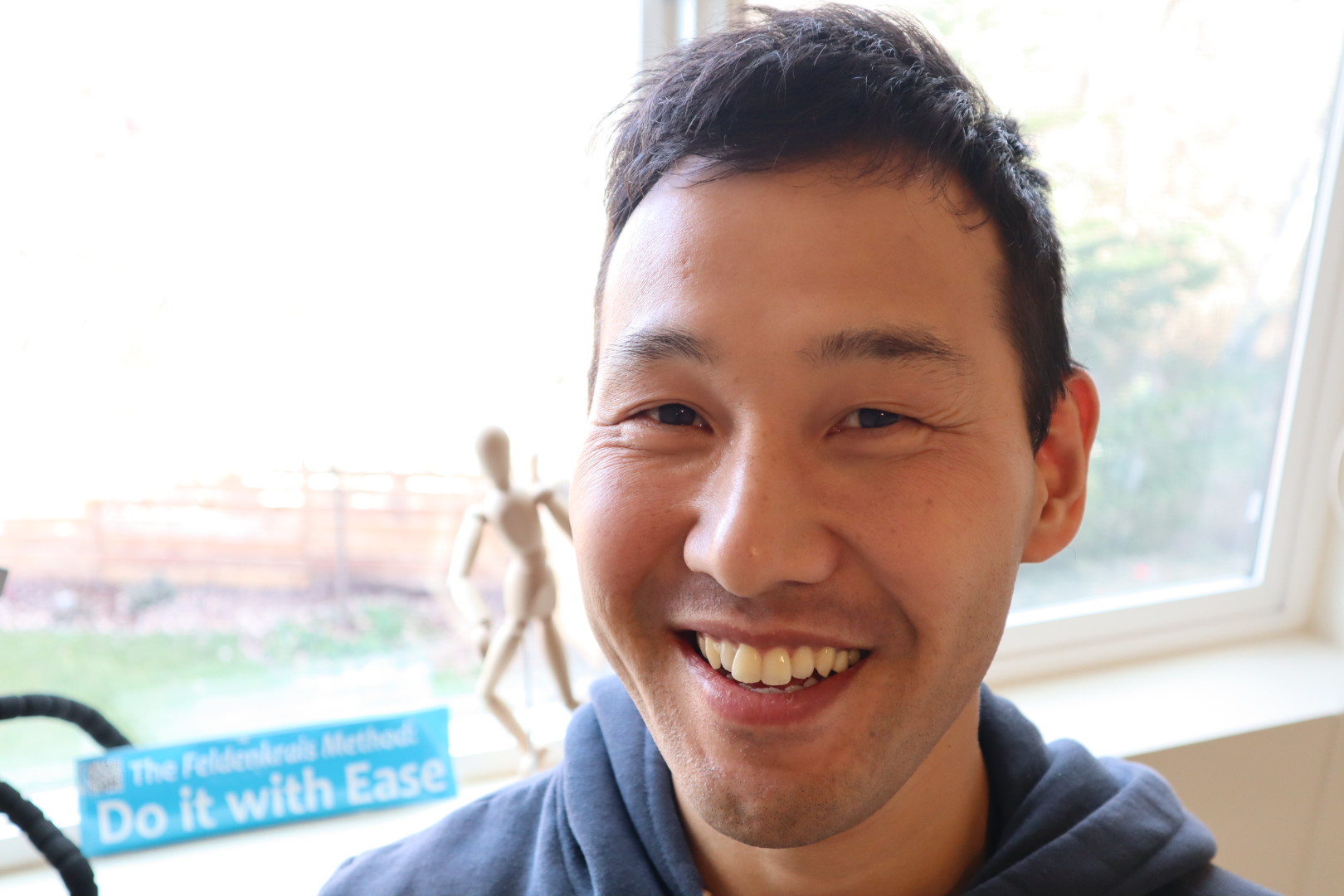How I do know whether I need a knee replacement or not? Can the Feldenkrais Method help prevent a knee replacement?
/“I have a severe arthritis in my knee. Will I need a knee replacement or can I avoid a surgery with the Feldenkrais Method or any other modalities?”
This is a very common question I receive from my clients and friends. I believe that the amount of information you can get on the internet is overwhelming, and it is not easy to differentiate reliable information based on good research from information based on personal opinions without a scientific basis.
My intention for this article is to clarify a reasoning for a surgical intervention and the Feldenkrais Method (TM) for some conditions such as arthritis, degenerative joint disease (DJD), and degenerative disc disease (DDD).
The diagnoses mentioned above are all chronic conditions that result from repetitive use over many years vs traumatic acute injuries. It is important to remind you that degeneration of joints, discs is normal aging process, and that should not intimidate you. No matter how well you use your body and move you will have some wear and tear.
So how do you know if you need a surgery or when you need a surgery?
Here are two important questions you need to ask yourself:
1) Is your condition causing pain/discomfort? How severe?
2) Is your pain/discomfort compromising your daily activities? How badly?
Notice I didn’t ask you about the severity of degeneration based on imaging studies (MRI, X-rays, etc). Why didn’t I ask you that question?
Whether you will need a surgery or not depends on the severity of your pain experience, not necessarily based on the severity of arthritis, bone/joint degeneration.
* There are other factors: age, other medical conditions.
Research shows that the severity of pain is not really correlated with the severity of arthritis. In fact, many people experience little or no pain in the presence of severe arthritis, or vice versa.
It’s not uncommon for some people in their 90’s to have no joint pain. I bet x-rays would show quite a bit of joint degeneration in most joints including knees, hips, and spine.
Does it make sense for them to have a surgery if they are not having much pain and their functions aren’t affected? A surgery may not be necessary if a person is experiencing little or no pain regardless of the severity of arthritis/degeneration.
I’d like to clarify that I am not suggesting that you don’t see a physician, nor that imaging studies are unnecessary. I believe it is important that you consult with your physician regarding your condition(s). My point here is that the presence of degeneration does not necessarily determine whether a surgical intervention is warranted.
Can the Feldenkrais Method (TM) reverse my joint degeneration? How can it help me?
The state of the joint integrity cannot be reversed with the Feldenkrais Method. It is important to realize that your habitual movement patterns create uneven use of your body. You use certain parts much more than others. There is a very good chance that to some degree uneven use has contributed to increased joint degeneration in some areas.
Proportional distribution of effort and movement is one of the Feldenkrais Method’s fundamental principles. We, Feldenkrais practitioners teach you how you can redistribute your movement effort more evenly and efficiently, which will reduce stress at the affected part, and you can move more comfortably and easily.
What is unique about the Feldenkrais Method is that we don’t work with the affected part in isolation. We, instead look at its relationship with other parts and improve the whole relationship, as you cannot influence one part and not influence the rest.
If one part is affected by any condition, your nervous system will find a way to compensate in an effort to protect the affected part. While compensatory mechanism is helpful and necessary for a short period of time, it will have consequences in a long term.
That said, the Feldenkrais Method can improve the relationship between the affected part and the rest of the parts and can recreate a new experience and sense of how you use and move the affected part of yourself and change your pain experience as well.
Thus, whether you end up needing a surgery or not, the Feldenkrais Method can benefit you. You cannot go wrong with improving the quality of movement. It will benefit you tremendously even if you have a surgery.
In summary, the severity of joint degeneration is not directly related to the severity of pain. Whether you’ll need a surgery (a knee replacement in this case) or not depends on the severity of pain experience and how much pain is limiting your activities (plus other factors such as age and other medical conditions). Ultimately your physician and you will decide the best option for you. The Feldenkrais Method can benefit you whether you pursue a surgical intervention or a conservative treatment.
Get help to move more comfortably and be more comfortable in your body.
Movement is essential to our life. Improving movement quality is directly related to quality of our life. Teaching people to move well is my passion. Sign up for Trans4Move Newsletters that will teach you how to improve your movements, functions, and your life!
My name is Taro Iwamoto. I am a Feldenkrais practitioner and movement expert. I help people develop new and more efficient movement patterns and expand movement options in order to overcome injuries/pain and move beyond limits. Feel free to post in the comments section below and feel free to share this with your friends!


